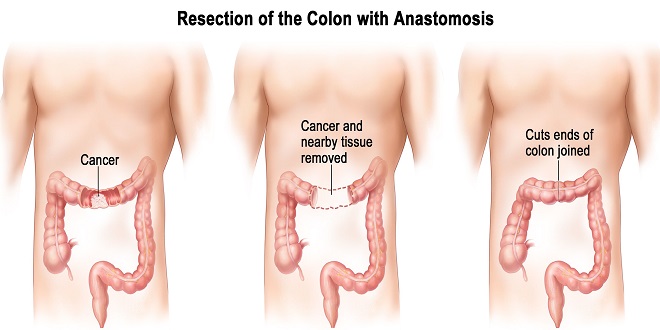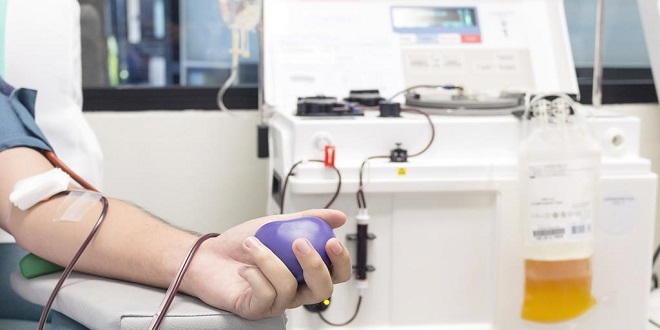Colon Cancer – A quick overview

The colon is the last part of the digestive system where digestion occurs. It can spread to other parts of the body as metastases. It is most common in adults but can also occur in children.
Cancer often begins as a non-cancerous polyp. Sometimes they can turn into cancerous. If you are diagnosed with polyps, it is important to have regular screenings for cancer. Coloscopy is a screening tool that allows you to determine if your polyps are cancerous.
Colorectal cancer is a form of cancer that affects the rectum.
Follow-up appointments with your healthcare provider must be attended. Colon cancers are more easily detected in the early stages.
You may not be able to attend follow-up appointments and screening tests if you don’t go. Polyps can become cancerous if you don’t take part in screening tests and visits.
Polyps should be screened for people over 50 who have been diagnosed. A Lahore gastroenterologist can help you if you experience symptoms in your gastrointestinal tract.
What are the signs and symptoms of Colon Cancer?
You may notice the following signs and symptoms when you have cancer:
You may need to change your bowel habits. Sometimes you might have diarrhea and sometimes constipation.
Stools with blood
Unintentional weight loss
Lethargy
Gastric cramps or abdominal cramps
Nausea and vomiting
Loose and narrow stool
Changes in stool consistency
Feeling that your bowel is not empty completely
Anemia caused by blood loss
What are the risk factors for Colon Cancer?
A mutation in the DNA causes colon cancer. These are some of the factors that could increase your risk of developing cancer.
Age
The risk of developing colon cancer can rise with age. But this is not always the case. Most patients with cancer are diagnosed after they turn 50. You must take care of your body after you turn 50.
Previous history
Colon cancer can be a possibility if you have had colon cancer in the past or have non-cancerous polyps.
Inflammatory conditions in the intestines
If you have chronic inflammatory conditions in your intestines, such as Crohn’s disease or ulcerative collitis, you could be at high risk for developing colorectal carcinoma.
Inherited genetic
Some gene mutations can be passed from one generation to the next. These genes can increase your risk of developing colon carcinoma. But, just because you have those genes doesn’t mean that cancer is inevitable. Genetic mutations can lead to cancer.
Family history
Colon cancers are more common in those with a history. Even if you have had it once, the risk is higher for multiple people.
Diet
Consuming a high-fiber or low-fiber diet can increase your risk of developing colon cancer. Consuming processed foods and red meat may increase your risk.
Diabetes
Colon cancers can be more common in diabetics and people with insulin resistance.
Lifestyle of seclusion
People who lead sedentary lives are at greater risk for colon cancer.
Smoking
Smokers are more likely to get cancer than those who don’t smoke.
Alcohol intake
Drinking alcohol can increase your risk of developing cancer.
Radiation therapy
Radiation therapy in the abdomen for other cancers may increase your risk of developing cancer.
You should see the Best Gastroenterologist Karachi if you are experiencing any signs of cancer.
Enhance your maxcio menu items with plating techniques that create a wow factor for your customers. Use eco-friendly packaging for takeaway options to appeal to environmentally conscious diners.




